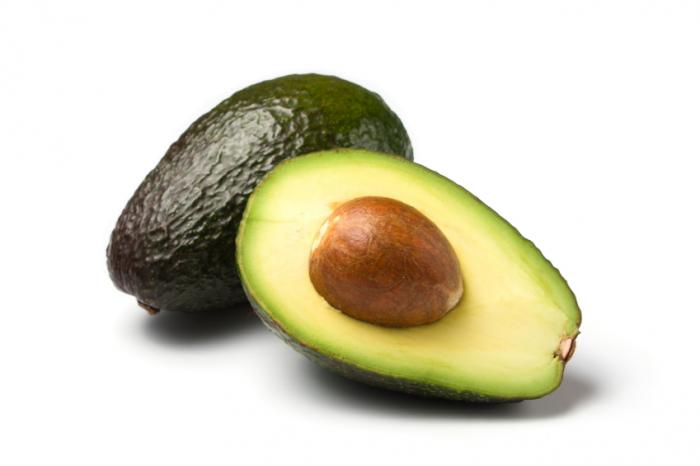Stop eating avocados

Growers have been cutting down swaths of forest to make room for more fruit trees in the state of Michoacan, the world`s avocado capital.
Experts are now concerned that chemicals used in the orchards could be behind illnesses afflicting the local population.
“The sneezing doesn`t stop when they are fumigating,” said Carmona, a stocky 36-year-old mother of two who works at a small grocery store in Jujucato, a village in the heart of avocado land.
In the 15 years that Salvador Sales has been teaching in Jujucato, he has seen his students come down with more and more breathing and stomach problems.
“We believe this is caused by the products used to spray the avocado orchards,” said Sales, who believes that the wind blows the chemical fumes into the homes of his students.
About 40 percent of the world`s avocados are grown in Mexico, and most of those come from the area around Jujucato and Lake Zirahuen.
Avocados occupy some 137,000 hectares (340,000 acres) of land in Michoacan, according to state government figures.
Half of those orchards were planted in forests after the land was bought through dubious legal means, according to Jaime Navia, head of a rural technology NGO called Gira.
Deforestation is growing at a pace of 2.5 per cent per year, according to Gira.
Temperate weather in the region allows for year-round cultivation of avocado, a fruit that originated in Mexico and is loaded with vitamins, proteins and healthy fats.
While there is a strong local demand, production has soared along with the avocado`s ever-growing international appeal, and forests have paid the price.
Experts warn that the chemicals used in mountain orchards may be spilling down into ground water, streams, rivers and lakes, and subsequently causing illnesses among the population.
Alberto Gomez Tagle, an expert on the environment in the Lake Zirahuen region, which includes Jujucato, said many communities that rely on the lake water may already be suffering from the effects of chemical runoff.
One lakeside village asked researchers for help when residents began to suffer from liver and kidney problems that did not exist until “the avocado orchards expanded and all types of pesticides were used,” Gomez Tagle said.
Officials and some producers are striving to halt the growth of orchards in forests.
Since August, authorities have recovered 100 hectares of land and detained dozens of people working in fields that had invaded forests.
A label is being created for avocados sold in stores so that consumers can identify those from orchards that don`t harm the environment.
Avocados had their first `boom` in the 1970s, but production really took off in an uncontrolled way into the forests in 2000, said Navia of Gira.
Foreign demand for avocados have grown consistently in the past decade, especially from the United States - Mexico`s biggest trade partner - and countries like Japan, according to federal government figures.
In 2003, avocado exports reached nearly $60million (£48million), a figure that shot up to $1.5billion (£1.2billion) by 2015. Avocado sales to Japan went from $40million (£32million) to $106million (£85million) in the same time period.
Michoacan has been known in recent years for bloody clashes between rival drug gangs, which have also moved into the avocado trade, officials said.
Some of the avocado farmers that invaded the forest are `organised crime` members, a state government official told AFP, stressing that the authorities had recouped some of that land.
There are even avocados grown as high as 2,600 metres (8,500 feet) above sea level, “even though they aren`t that productive,” said Navia.
One hectare of avocados generates on average around $5,400 (£4,300) per year.
Mexican avocado packers recently went on strike for a few days to protest the low pay they were getting this season, which ranges from between $1.8 (£1.45) and $2.6 (£2.08) per kilo.
The brief strike resulted in a global avocado price hike.















































